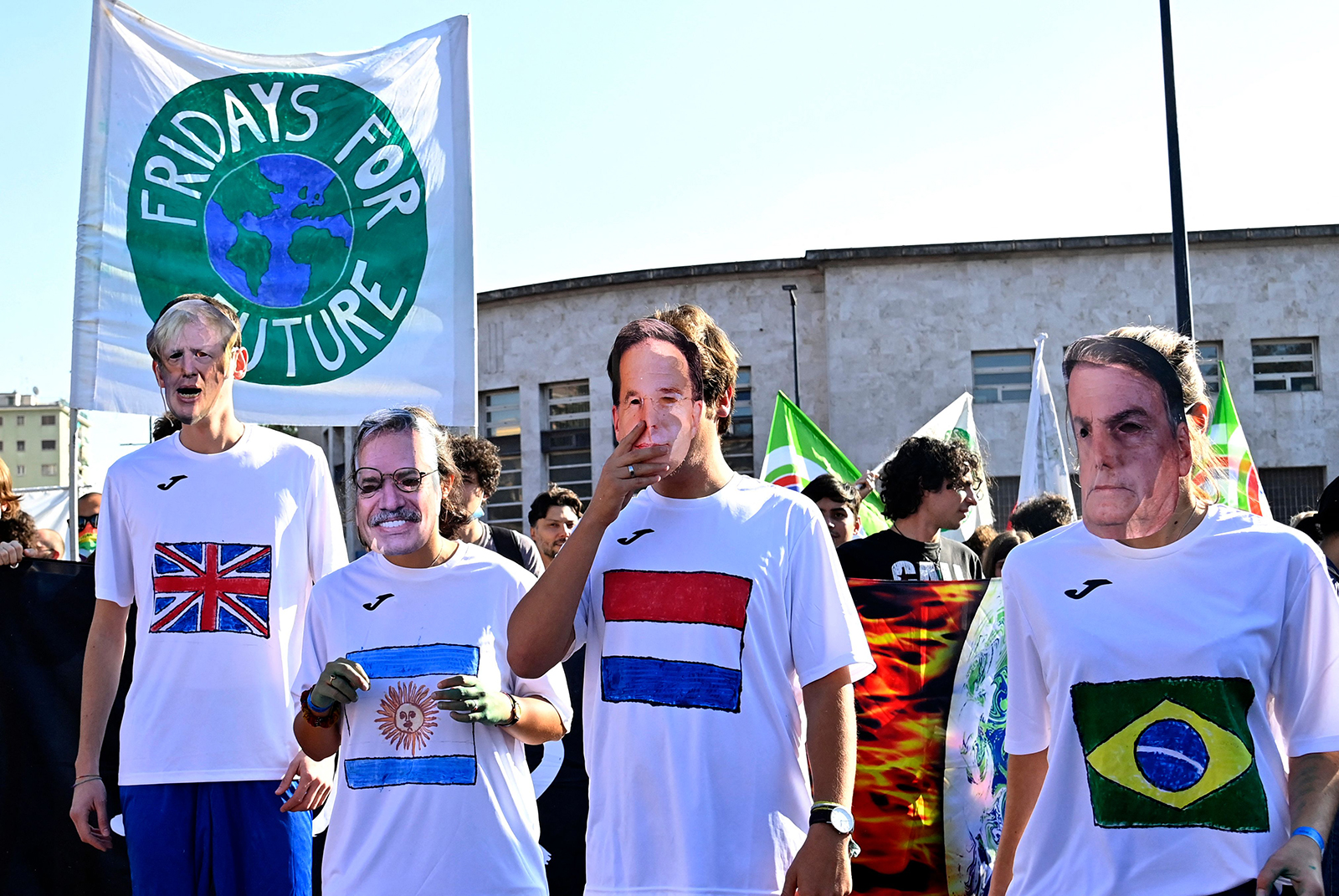Italian Prime Minister Mario Draghi kicked off the G20 summit urging leaders to unite in the face of global challenges.
“Even before [the pandemic] we faced protectionism, unilateralism, nationalism — but the more we go with all our challenges, the more it is clear that multilateralism is the best answer to the problems we face today. In many ways it’s the only possible answer,” Draghi said in his opening speech.
From the pandemic, to climate change, to fair and equitable taxation, going it alone is simply not an option. We must do all we can to overcome our differences,” he added.
The Italian prime minister also raised the issue of vaccine distribution disparities, saying leaders must be “aware” of the collective challenges ahead.
More than 70% of people in high-income countries have received at least one dose of a vaccine, he said. In comparison, only 3% of eligible people living in the world’s poorest nations have been given one shot.
“These differences are morally unacceptable and undermine the global recovery,” Draghi said.
On Friday, the World Health Organization appealed to G20 leaders to narrow that gap, saying that the “current vaccine equity gap between wealthier and low resource countries demonstrates a disregard for the lives of the world’s poorest and most vulnerable.”
In an open letter, WHO called on the G20 leaders to commit to increasing vaccine supplies for the world’s poorest, ensuring access to vaccines for refugees, migrants, internally displaced people and asylum-seekers and to support low and middle-income countries to combat the virus with “all available means.”
For every 100 people in high-income countries, 133 doses of Covid-19 vaccine have been administered, while in low-income countries, only 4 doses per 100 people have been administered, according to WHO.
